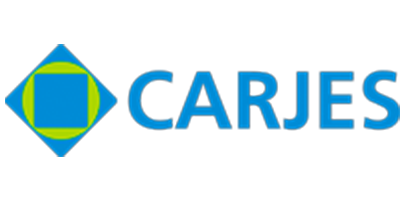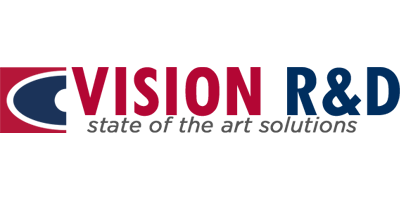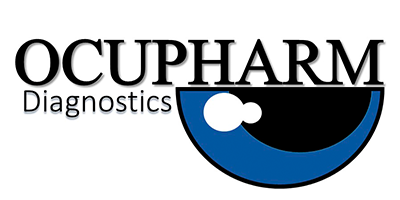Our expertise/Our services
– Endotamponade agents (perfluorocarbon liquids, silicon oil)
– Viscoelastics
– Intraocular lenses and capsular tension rings
– Intraocular vital stains
– Irrigating solutions
– Intracorneal rings
The entry into force of the MDR (Medical Device Regulation) poses a series of challenges for companies if they intend to maintain the “CE” marking on their products or to introduce new ones into the European market.
Issues such as the mandatory preclinical and clinical studies, critical reviews of the literature, trend and safety reports, in many cases require the participation of researchers who not only have experience in this field, but also have significant clinical experience.
Aware of this, an alliance has been established between Vision R&D, linked to the University of Valladolid, OcuPharm Diagnostics, linked to the Complutense University of Madrid, and Carjes Soluciones, Specialized Consulting in the health sector, to help companies in a wide variety of aspects ranging from regulatory to preclinical tests and clinical studies adapted to the product and to the needs of the companies.
The vast experience of these three companies, with a high clinical and investigative component completely focused on eye medical devices, makes it possible to propose and execute solutions allowing companies to comply with the regulations contained in the MDR.
Based on all of the above, the consortium Carjes Soluciones, Ocupharm and Vision R&D may help companies manufacturing medical devices for ophthalmic and optometric uses by:
- Assisting companies to carry out the proper product classification and to identify it through the UDI system (article 27)
- Assisting companies in the design and implementation of the quality management system which must include a system to record and report serious incidents and corrective security actions (art. 87 and 88)
- Assist companies in preparing the technical documentation for the Notified Bodies CE assessment.
- Collaboration in the verification and validation of products, including preclinical tests with/without using animals, performing biocompatibility assays oriented towards the clinical use of the specific product and accomplishing with ISO norms (Annex II)
- Chemical characterization and determination of the degree of purity of some products or components
- Verification and validation of computer programs (software) in real environment conditions (by using patients or controls)
- Collaborate by reviewing and endorsing the information that manufacturers must provide in the implant cards of implantable medical devices (art.18)
- Collaborate in the entire development of the clinical evaluation of ocular and/or optometric medical devices by standardized protocols and promoting among scientific societies, In Ophthalmology and Optics/Optometry, the development of those required new protocols that are necessary and do not yet exist or are not fully accepted (art. 61)
- Assist companies in the registration process and notifications of clinical investigations to Notified Bodies (at. 62)
- Collaboration in establishing and verifying the clinical benefits and performance of a product as specified by its manufacturer (art. 62)
- Collaboration in establishing and verifying the clinical safety of the product and determine possible undesirable side effects (art. 62)
- Based on what is stated in Chapter VI, Article 61, by offering qualified candidates, with appropriate experience, so that manufacturers can form panels of experts to review clinical development strategies and proposals for new clinical research.
- In the same way, to offer candidates with proven experience to carry out critical evaluations of the existing relevant literature related to safety, performance, design characteristics and intended purpose of the device
- Collaborate in the establishment of “equivalence” of a specific product with medical devices that already exist and having sufficient information available.
- As stipulated in article 32 collaborate in the annual update of the safety and clinical performance Post-Marketing Clinical Follow-Up (PMCF)
- Serve as a liaison to Ethical Committees that comply with the requirements of the MDR or serving as liaison between companies a specialized CRO in ophthalmic and optometric products
- In reference to article 62, provide candidates who can be researchers who practice their profession in the European Union, who have the necessary scientific knowledge and also an adequate clinical experience (patient-care)
- Collaborate in the implementation of investigation plans of medical devices (art. 72)
- Collaborate in the design and development of post-marketing surveillance report (chapter VII, art 83)
- In consonance with the art. 86 collaborate in the realization of the periodic safety update report (PSUR) for class IIa, IIB and III products
- In consonance with the art. 88 collaborate in the realization of trend reports, proposing consensual protocols for each type of product
- Regarding Annex I collaborate in proposing safety requirements for specific products




